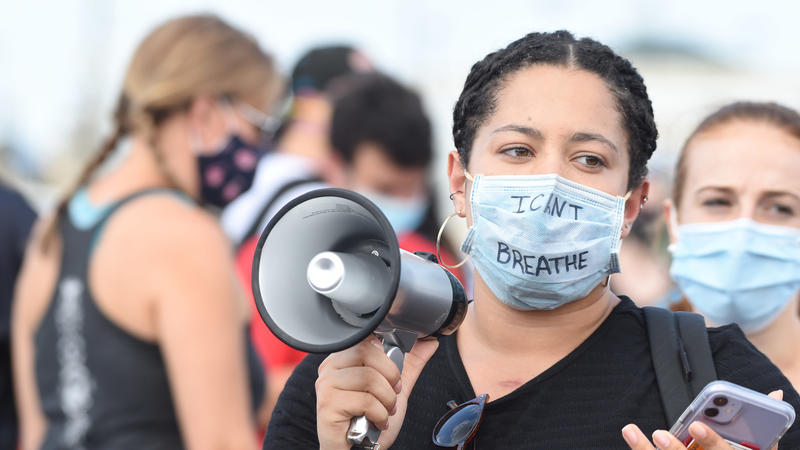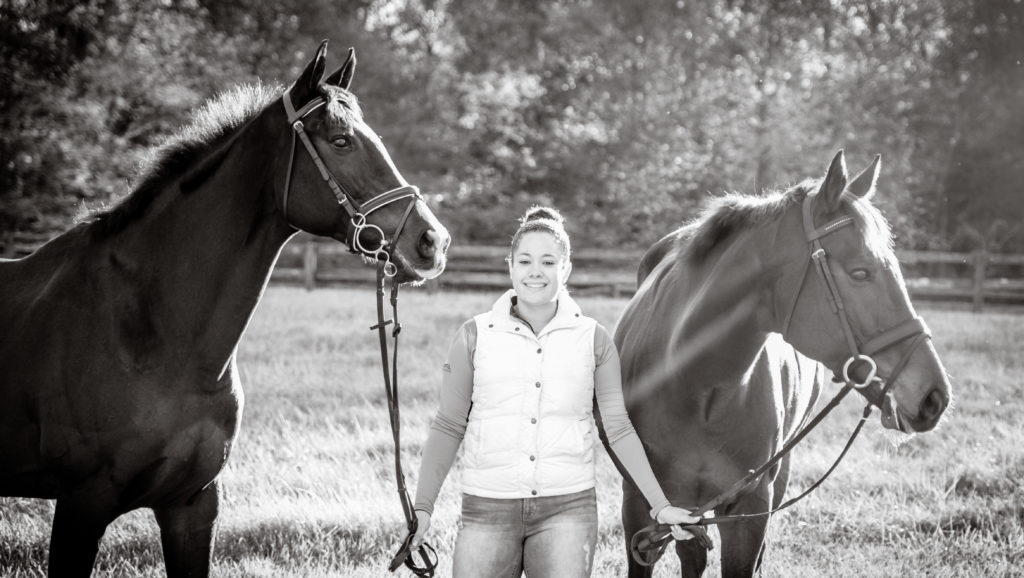Hello! My name is Hana Hawthorne, and this semester I will be working at Benevolence Farm. I am beyond excited for this opportunity!
I am a Biracial Black Jewish woman. As a woman of many identities, in the past I had never felt like I belonged to any one group and people have always made it clear to me that I am neither black nor white. Growing up in a predominately white, Christian neighborhood in Crofton, Maryland, it was very hard for me to embrace all of my identities.
I took a leave of absence last fall because my mental health had been a constant battle since I was a kid and dealing with traumas that were so deeply ingrained was something I was never taught how to cope with in a healthy way. I hit my low and lost myself. I was trying to hide my pain for so long that it was literally eating me from the inside. But I realized that it is okay to not be okay. It is okay to ask for help. So I decided to take a break from school and focus on myself for a bit. I joined an intensive trauma program where I processed the many difficult things that have happened to me and also learned how to cope with the things I’m stuck with. I finally have peace in my head and have found my voice. I now can truly say I know who I am and I am proud of it.
Before I took the leave, I found my passion for carceral system reform. After the death of George Floyd in May of 2020, I held three protests and spoke at events about why the Black Lives Matter movement is so important. I wanted my community to better support and also help in continuing to create a safe place for Black people to live. At the first protest I marched over 600 people to our local police station where we met the police chief and they were able to ask questions.
In October of 2020, I led over 500 students, faculty, and staff on a march through Elon University’s campus in response to a white supremacist group that came through campus harassing those on the streets. I wanted students to feel as though their voices were being heard and show solidarity between upper administration and students. I was very moved by the amount of support I received from many of those who felt that their voices were heard for the first time.
My involvement in social justice movements has allowed me to think outside the box. I have begun to form my own views on what could be done differently and how the system should be run. I want to dedicate my life to spreading awareness, helping those who have been hurt by our penal system and giving a voice to the voiceless. I believe that we can live in a world where prisons and the police are not used as a first resort, however, real reform requires an examination of every step of our current system: from what we choose to criminalize; to how law enforcement and prosecutors engage with the community; to how long people are kept behind bars; to how we treat them when they are there; to how we reintegrate them back into society once they return. If there were better ways to support programs that help people, such as mental health, addiction, poverty, etc., we could likely stop many of these problems from developing in the first place.
Recently, my cousin was failed by the carceral system and passed away from drug addiction. He was in and out of jail, struggled with addiction and mental health, yet time and time again was let down by the system. I have always wanted to help Black men and women who are constantly affected by the racism that exists in this world and through my cousin, Adam, I would like to help the many others that have been hurt by our system.
I am very excited to work with the women at Benevolence Farm and learn how to better support them and become a resource to those that have been affected by the carceral system.

